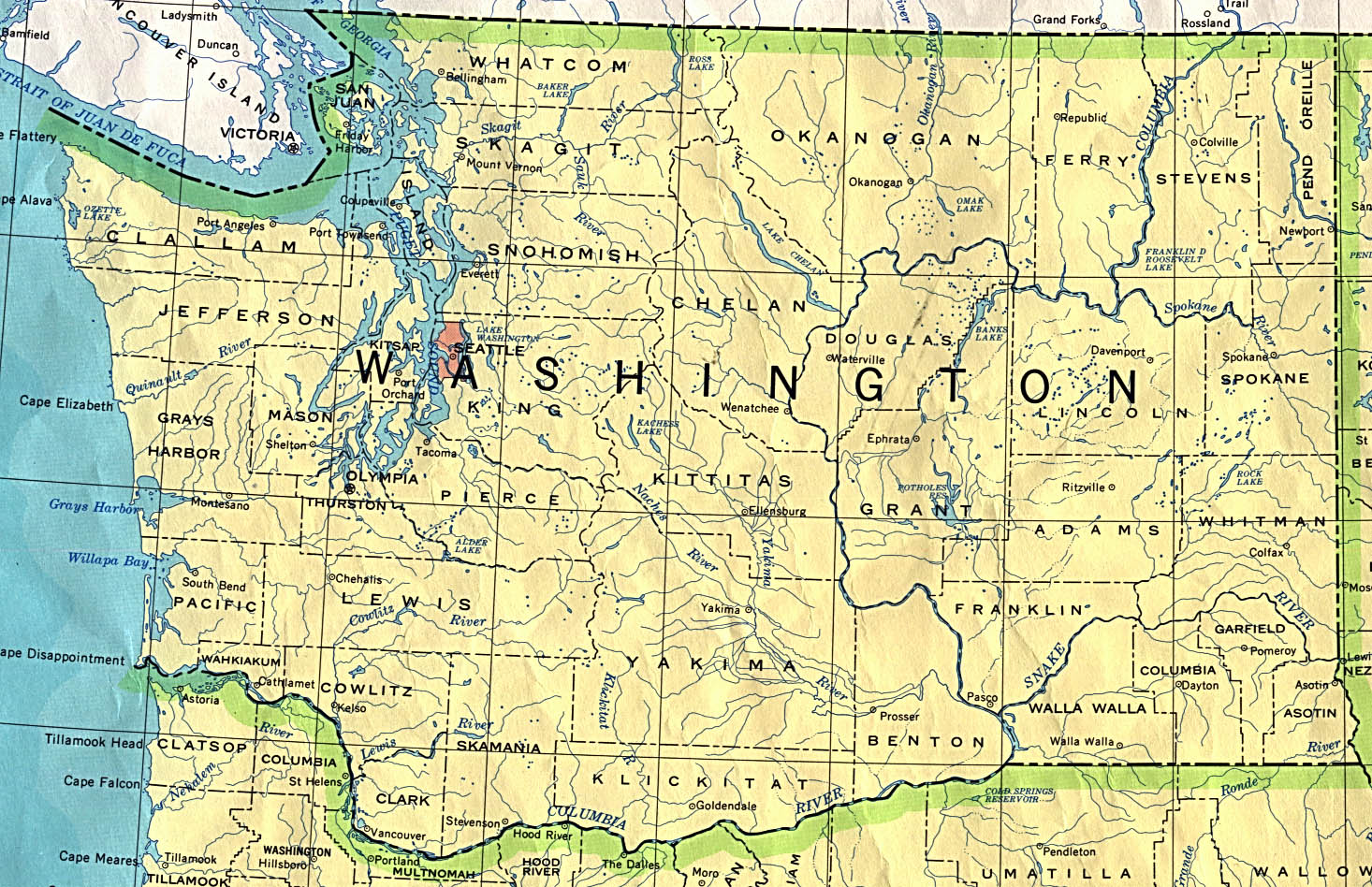
Police in Washington state are asking the public to stop tweeting during shootings and manhunts to avoid accidentally telling the bad guys what officers are doing.
The "TweetSmart" campaign began in late July by a coalition of nine agencies, including the Washington state patrol and the Seattle police, and aims to raise awareness about social media's potential impact on law enforcement.

Some have called the effort a step that could lead to censorship; others dismissed it as silly. Police, however, say it's just a reminder at a time when cell phones and social networks can hasten the lightning-quick spread of information.
A social media expert at the International Association of Chiefs of Police said she's unaware of similar awareness campaigns elsewhere but the problem that prompted the outreach is growing.
"All members of the public may not understand the implications of tweeting out a picture of SWAT team activity," said Nancy Kolb, who oversees the Alexandria, Virginia, organization's Center for Social Media.
"It's a real safety issue, not only for officers but anyone in the vicinity," Kolb said.
Kolb said she is not aware of any social media post that has led to the injury of a police officer, but she said there have been a few close calls. Other times, tweets have interfered with investigations.
In those cases, police tweet back and ask people to back off.
Kolb said citizen journalists generally respond well when the reasons are explained.
"It's not that they don't want the public to share information," she said. "It's the timing of it."
Social media speculation and reports challenged Boston police during the search for the marathon bombers.
Two recent incidents led the Washington State Patrol to organize the "TweetSmart" campaign: the search for a gunman in Canada after three officers were killed and a shooting at a high school near Portland, Oregon.

"I saw it personally as far back as Lakewood," said State Patrol spokesman Bob Calkins, referring to social media traffic during the manhunt for a man wanted for killing four officers in Washington state in 2009.
At the time, people speculated online about why police were combing a Seattle park while a search was on for the man, Calkins said.
Calkins said police agencies can do their own preventative maintenance with social media by getting information out there when crime is happening.
"We have to respond with a smart phone almost as fast as we respond with a gun," said Calkins, who along with Kolb commended the Seattle Police Department for its use of social media.
Department spokesman Sean Whitcomb said they use social media to engage the public and believe that getting public safety information out quickly will help minimize rumors and speculation.
"We recognize there's a responsibility to use every tool at our disposal to keep the public safe," Whitcomb said.
Seattle photographer Michael Holden said he saw a direct path between asking people not to share crime photos and eventually forbidding them to take them.
Holden said citizens have good reasons to take pictures of police and he does not worry about criminals using social media to find out what law enforcement is doing.
"I think the criminals are probably having more pressing concerns than checking Twitter," he said.
Perry Merriel, a trucker from Ephrata, Washington, said he's not sure why the public needs a reminder to follow common sense on social media. "They are putting their lives on the line for you," he said.
"It should go without saying: don't advertise what they're doing," he said.
LIKE US ON FACEBOOK
FOLLOW US ON TWITTER
SUBSCRIBE TO OUR CHANNEL ON YOUTUBE











0 comments:
Post a Comment